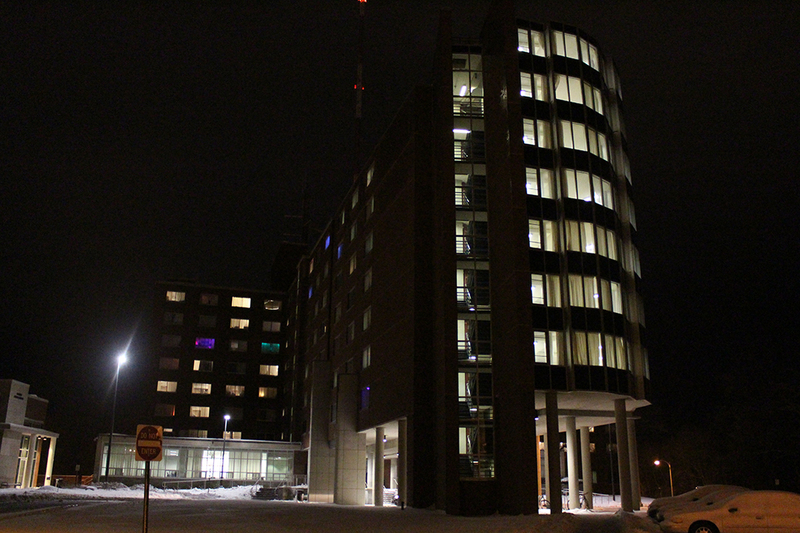I get where you are trying to go with these posts, but I personally think you are relying a bit too much on how the protesters "feel." In my opinion, this is too complicated to go into a psychological analysis about who feels what and why (and to what degree.) Suffice to say that when policy decisions are made quickly at an institution based on feelings it is a dangerous road.
I would be one of the first to call out the chancellor if I thought he was ignoring the students. I concurrently understand why many students would feel unsafe. As
Cheriehoop suggests above, these decisions take time, investigation, and thoughtful decisions.
Also, as I stated earlier in this thread, many of the students' concerns were valid, well-thought, and would lead to good policy. I simply believe more information and attention is needed.
I didn't actually say that the policy decisions should be made based on immediate feelings. I do think part of the chancellors job is to make sure that students and faculty feel physically safe, and their emotional feelings should be factored in to his short-term communication and actions regardless of policy decisions. So, for example, even if the chancellor knows things about the investigations that make him think it's silly to cancel all classes for a couple days, if a large percentage of the students FEEL unsafe given what is publicly known, he should just cancel them anyway. This is the case whether it's due to a manifesto being released, a terror threat, an incoming blizzard, a risk of some sort of disease spreading like bird flu or whatever.
Long-term policy decisions should certainly factor in making people on campus feel safe and welcome in the future, even if those things are difficult to quantify and discuss in the heat of the moment, and even if those decisions take more time to make. However, part of the chancellor's job is to make the protesters (who are his students) feel heard and appreciated. If he did that immediately, he could have bought himself time to work through the rest of it and make decisions.
I certainly hope we would all agree that we would want every freshman student who walks onto campus next year to feel safe, welcome, happy and excited to be at SU, regardless of their background, gender, race, religion, etc. If people of color say that's not the way their experience was, we ought to listen to them and try to figure out what we can do to fix that.
I agree that more information and attention are needed. I think more dialogue is needed, and I think that dialogue is best had in small groups behind the scenes - those groups should probably include administrators, professors, students of color and alumni of color.
So an example of how I'd have handled the initial protest as chancellor is to go to them and immediately express a desire to hear their concerns, to meet with a small group they choose to represent them so that we can discuss them, and to put together a group discussion as I described to address the concerns. But then I'd tell them that I need them to wait a few days or a week or whatever for that to happen, because my first priority is their and all the students safety, and I need to work with DPS, Syracuse PD, etc to make sure that everyone is physically safe right now and that they're doing everything possible to catch who did that. I'd also ask them to take that time to put together some lists, ideas, etc, and offer them someone in my office to coordinate with. That's what I mean in terms of making them feel heard, valued and confident in a long-term solution.
Now maybe that happened and we didn't hear about it, or I'm misinformed, but as far as I know it did not. That to me is a failure by the chancellor.



